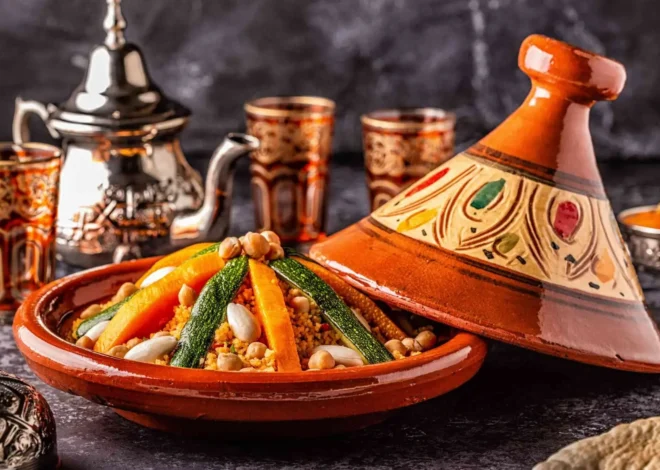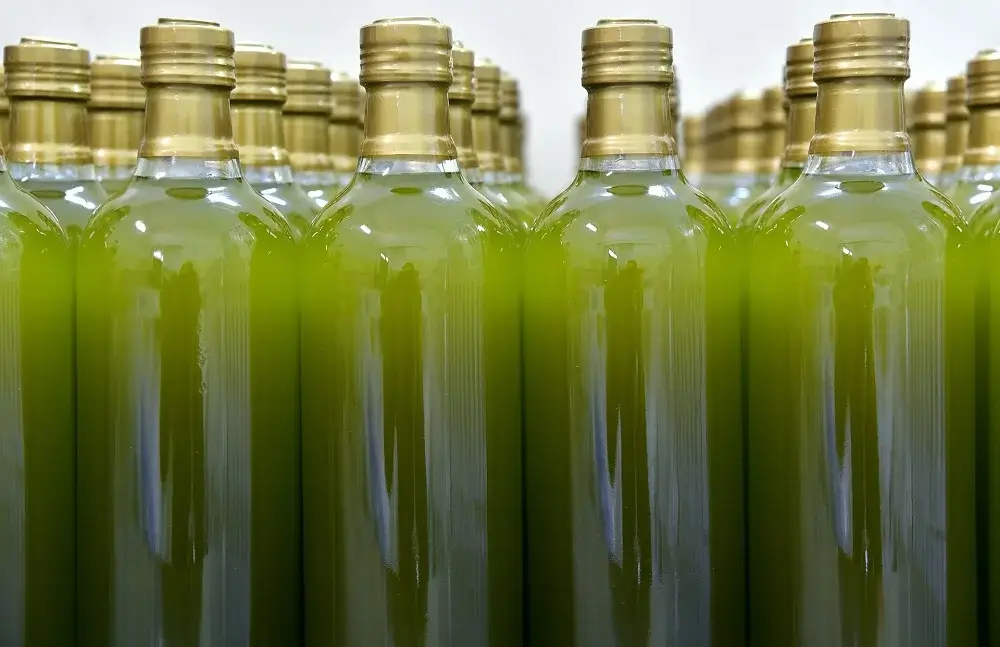
The Ultimate Guide to Moroccan Oil: Benefits, Facts, and DIY Recipes
Moroccan oil, which is commonly referred to as “liquid Gold” has received recognition from across the world due to its effectiveness in enhancing the quality of hair, skin and appearance. These oils which include Moroccan olive oil and, of course, the praised argan oil from Morocco (Precisely the region of Souss). These oils are rich with minerals, fatty acid and antioxidant in one packed product. That is why these solutions are ideal for maintaining and even amplifying the skin’s and hair’s beauty. In this article we will consider the different types of Moroccan oils, their principal organic constituents, and the benefits they offer. But also how to create your own homemade natural beauty treatments with these powerful oils. Find here the Ultimate Guide to Moroccan Oil.
- Introduction to Moroccan Oil: A Treasure from North Africa
- Moroccan Olive Oil
- Moroccan Argane Oil
- Some uses of Moroccan Argane Oil and Olive Oil
Introduction to Moroccan Oil: A Treasure from North Africa
The term Moroccan oil describes a variety of natural oils produced from Moroccan plants, with argan and olive oils being the most well-known. Moroccans have utilized these oils for ages for both culinary and cosmetic uses. Morocco’s particular climate and soil conditions contribute to the high-quality output of these oils, which are among the most sought-after substances in the cosmetics business.
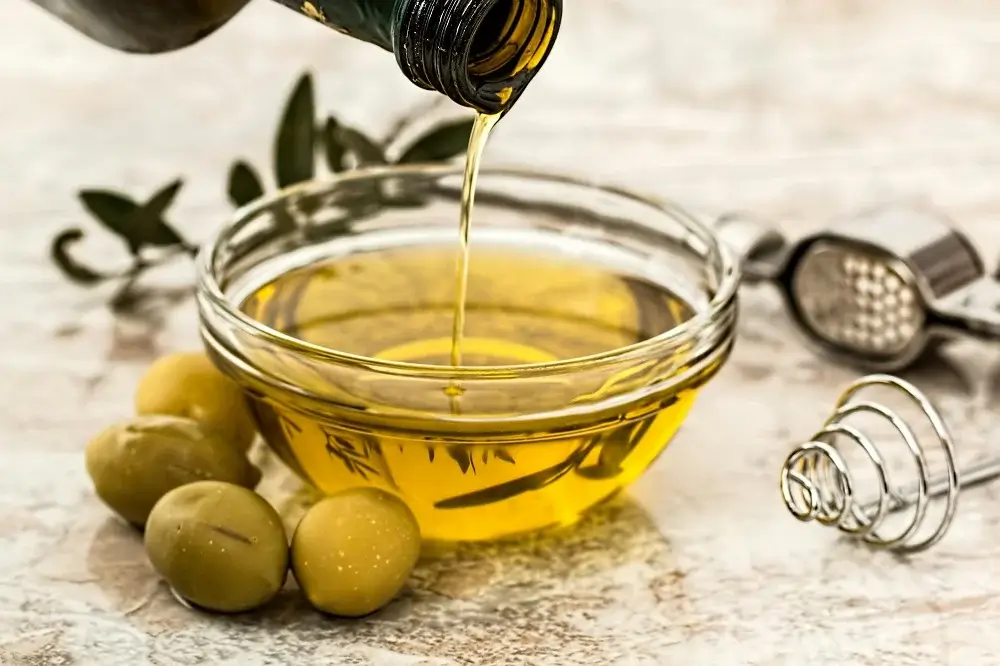
The primary organic components of Moroccan oils are:
- Omega-3, Omega-6, Omega-9 Fatty Acids : These are basic fats which are immensely helpful in providing skin’s natural shield and enhancing physical structure and elasticity of the hair strands .
- Vitamin E: A great protector that can easily prevent hair and skin from the unfavorable effects of the environment.
- Sterols: Products derived from plants that causes skin to be moisturized and reduces inflammation.
- Squalene: A moisturizing agent which is completely natural and is designed to mimic the skin’ s own oils.
All these factors make Moroccan oil products to be on high demand for anybody who wants quality natural beauty products.
Moroccan Olive Oil
The History of Moroccan Olive Oil
The olive oil production in Morocco has been practiced from the ancient times, the records going up to the Roman and Phoenician era. olive trees have been cultivated in Mediterranean climate for years because such climate is characterized by long hot summer and moderate winters for olive production.
Morocco is ranked fifth in the world’s production of extra virgin olive oils According to data obtained. This it exports it in large quantity to markets all over the world. Olive oil which has become an essential ingredient of the Moroccan cuisine is a result of farming practices that have been inherited from the early times.
The Unique Taste and Characteristics of Moroccan Olive Oil
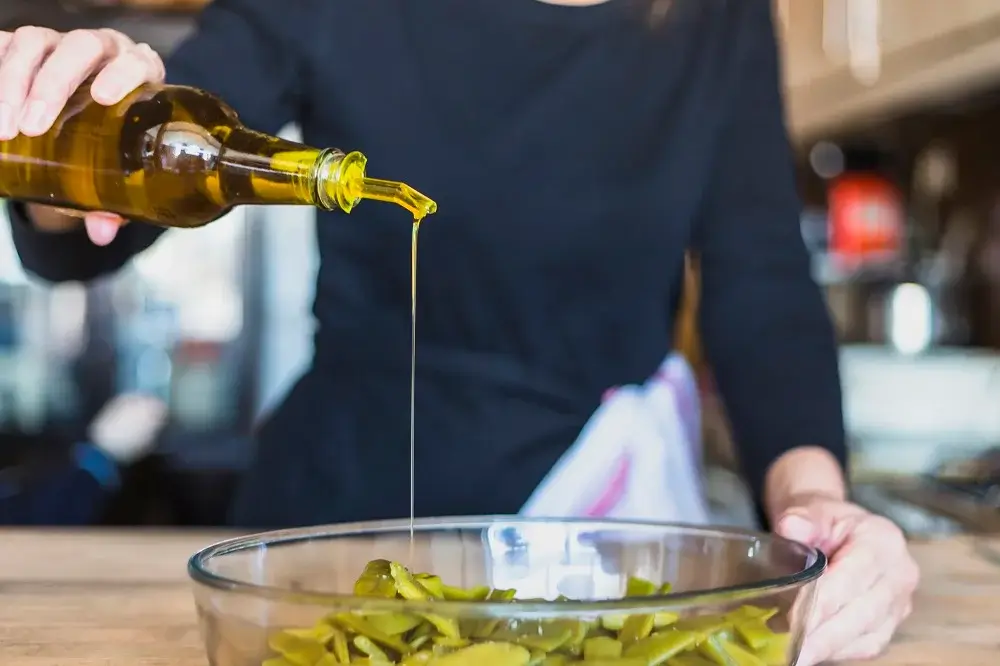
Moroccan olive oil which is often commented to have a strong, characteristic flavours commonly described as fruity followed by bitterness and then peppery aftertaste. Its taste is different, depending upon the area it comes from; however, in most cases, it is rather profound and complex earthen taste coupled with exquisite and subtle sweetness. Quality of olives and traditional techniques that are used in Morocco during the olive picking process has a positive effect on the quality of the Moroccan olive oil.
Morocco uses two main types of olives to produce its oil:
- Picholine Marocaine: This is the most common one because of its bright flavor and high content of oil that it contains. It produces a strong aromatic oil which may be mild, medium or strong depending on the base oil used in the process.
- Arbequina: However, it is a more rare cultivar, but its uses are treasured for its butterscotch, smooth, and bland taste.
Discover more about Moroccan gastronomy here.
Health Benefits of Moroccan Olive Oil
Just like other extra virgin olive oils Moroccan olive oil has a ton of health perks making it a staple in Mediterranean cooking. Here’s a rundown of the main health benefits you get from using Moroccan olive oil:
- Rich in Monounsaturated Fats: The kingdom’s olive oil is high in heart-healthy monounsaturated fats, can help reduce bad cholesterol levels.
- Packed with Antioxidants: The oil contains powerful antioxidants like vitamin E and polyphenols. Those elements fight inflammation and promote overall health.
- Improves Heart Health: Studies show that regular consumption of olive oil can reduce the risk of heart disease by improving blood vessel function and lowering blood pressure.
- Supports Brain Function: The healthy fats in olive oil are essential for cognitive function and may reduce the risk of Alzheimer’s disease.
- Promotes Digestive Health: Olive oil has natural anti-inflammatory properties that can soothe the digestive system and support gut health.
These qualities make Moroccan oil products a favorite for people looking for effective and natural beauty solutions.
How Moroccan Olive Oil is Made
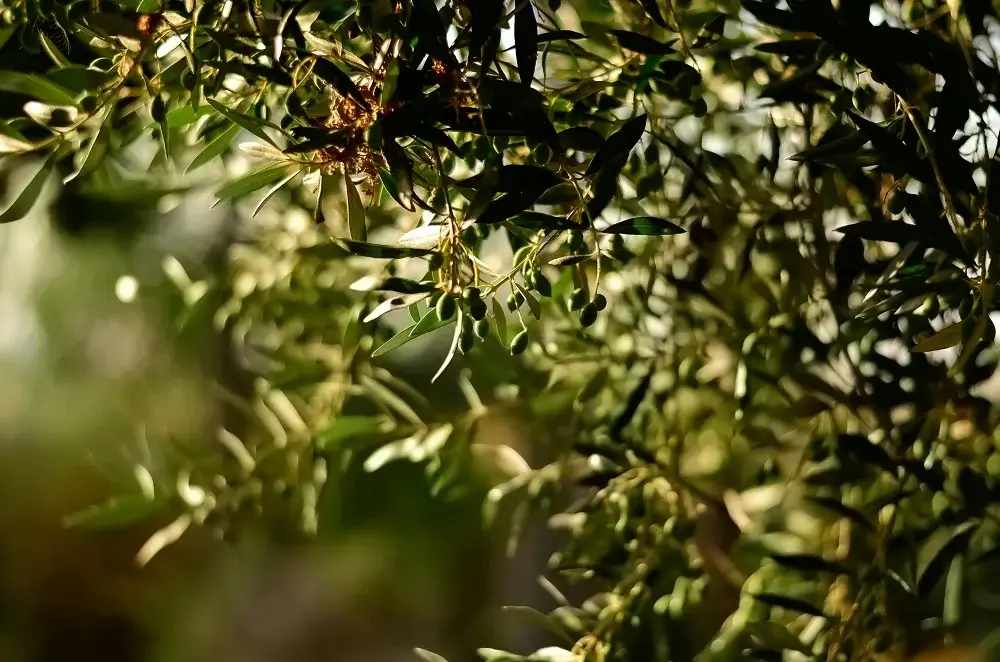
The production of olive oil in Morocco sticks to tradition, with many small farms run by families still picking olives by hand and using stone mills to crush them. The process has several main steps:
- Harvesting: People pick olives in late fall when they’re just right. Many farmers still pick by hand to make sure they use the best ones.
- Cold Pressing: To keep the oil pure and full of nutrients Moroccan olive oil gets cold-pressed. This way of making oil crushes the olives without heat, which keeps the oil’s natural taste and good-for-you stuff.
- Filtering: After crushing, the oil goes through a filter to clean it up. Some oils don’t get filtered to keep a stronger, country-style taste.
Morocco cares more about making good oil than lots of oil. This has led to people noticing how pure their olive oil is the extra virgin kind.
Cosmetic Uses of Moroccan Olive Oil
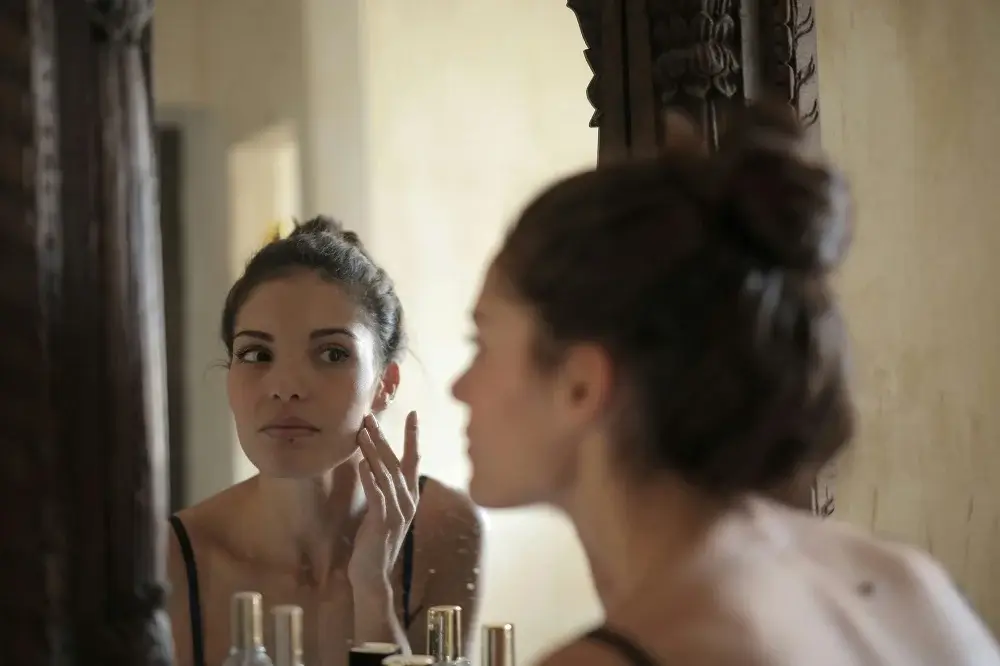
Moroccan olive oil is increasingly popular for skin and hair care applications in addition to its culinary uses. Thanks to its rich vitamin, antioxidant, and healthy fat content, it’s a natural solution for treating and moisturizing a range of skin and hair conditions.
- Skin Moisturizer: Olive oil has nourishing qualities that help to hydrate the skin and shield it from damage caused by the environment.
- Anti-Aging: The antioxidants found in olive oil might help to reduce the look of wrinkles and promote skin that appears more youthful.
- Hair Treatment: People can apply olive oil as a conditioner to enhance hair elasticity and shine, while also reducing split ends.
How Moroccan Olive Oil Differs from Argan Oil
It is important to note that although Moroccan argan oil and olive are both considered valuable in Morocco and the world over, they have distinct uses.
- Olive Oil: Principally in use in culinary processes, serves best when used to prepare foods with strong flavors, that is, it’s a better match for salty foods. While it has more fame in connection with food preparation, it also finds application in cosmetic products.
- Argan Oil: On the other hand Argan oil is popularly used in cosmetic products mainly in skin and hair care products. It is lighter in flavor and somewhat like nut oil but is also good for cooking.
Facts and Statistics
- Global Recognition: Currently, Morocco olive oil has received several awards in international markets concerning the quality and its taste.
- Production Statistics: Morocco is one of the largest producers of olive oil which has an estimated production of about 140 thousands of tones annually.
- Rising Exports: It is estimated that more than 90% of Moroccan olive oil is exported and Europe remain one of the biggest markets for it.
Moroccan Argane Oil
The Origins and History of Moroccan Argan Oil
Argan tree (Argania spinosa) is a native tree of Morocco and perhaps one of the few trees that are native to the arid regions of Morocco and especially to the region of Souss. Moroccan Berber women have been cultivating and extracting them through generations as their foremothers did indeed for hundreds of years.
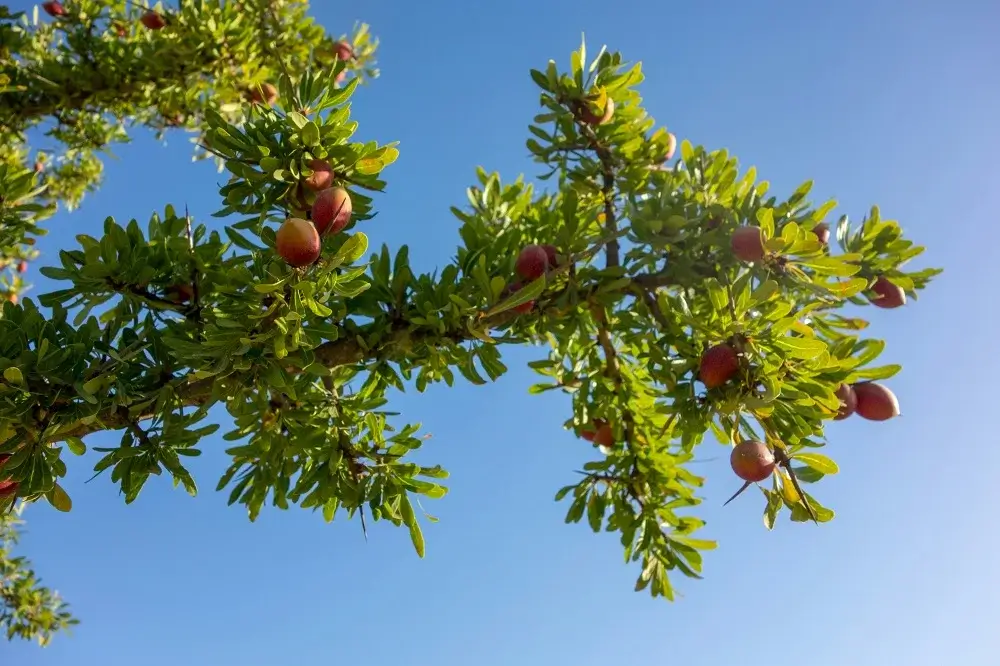
Argan oil produces is time-consuming since it requires rigorous work to extract a small amount of the oil. Here, the nuts need to be cracked by hand to obtain the kernels which in turn has to undergo cold pressing to get the oil. Argan forests have also been classified as UNESCO biosphere reserve to show the relevance of the trees aspects of ecology and economy.
Nutritional and Health Benefits of Moroccan Argan Oil
Moroccan argan oil is a nutrient-rich oil. It serves as a powerhouse for both health and beauty. It boasts a high content of essential fatty acids, vitamin E, antioxidants, and polyphenols, all of which contribute to its healing and anti-inflammatory benefits.
- High in Vitamin E: Argan oil stands out as one of the best sources of vitamin E, a strong antioxidant that shields the skin and body from damage caused by free radicals.
- Promotes Heart Health: The monounsaturated fats found in argan oil can help lower bad cholesterol levels and enhance overall heart health, making it an essential part of a heart-healthy diet.
- Anti-inflammatory: The anti-inflammatory characteristics of argan oil could mitigate inflammation. It could also enhance skin conditions. These include eczema psoriasis and acne.
- Boosts Immune System: Antioxidants present in Argan oil can reinforce the immune system. They also shield the body from oxidative stress.
- Improves Digestion: When argan oil is used in cooking, it may assist digestion. The oil does this by boosting the concentration of pepsin. Pepsin is a crucial enzyme in gastric juice.
The Process of Making Moroccan Argan Oil
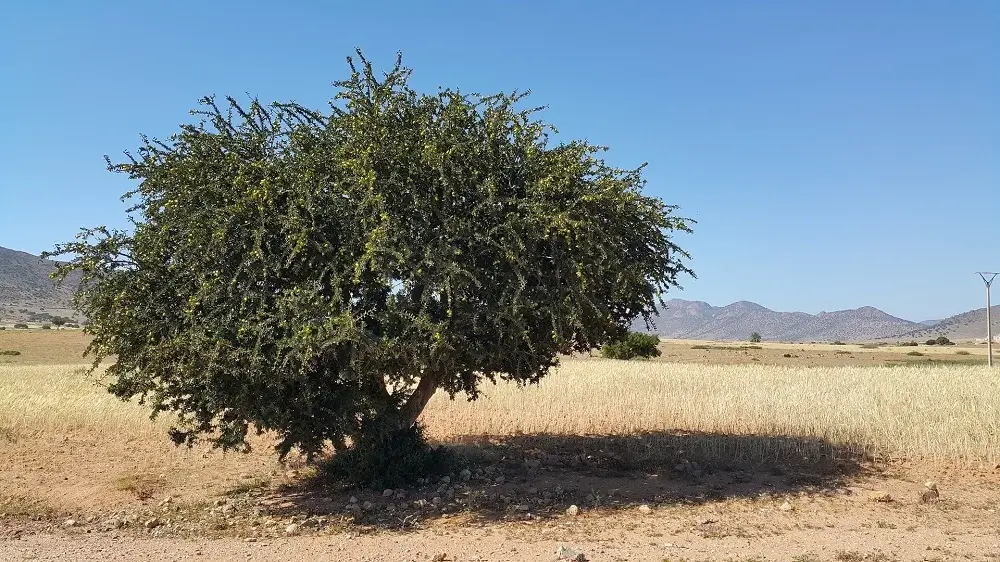
Process of creating argan oil is long. It is laborious. Mostly, it’s done by women cooperatives in Morocco. These groups give work to local women. They endorse sustainable practices for production. The steps in making argan oil are as follows:
- Harvesting: Argan nuts are gathered either by hand or by letting them fall from trees.
- Drying: Nuts are left to dry in the sun. After this, the outer flesh is taken off.
- Cracking: Nuts are opened manually using stones. This reveals argan kernels inside.
- Pressing: Kernels get cold-pressed to extract oil. Cold pressing conserves the nutrients of oil. It also keeps its high quality.
- Filtering: Oil gets filtered to eliminate impurities. This gives you pure, golden argan oil.
This traditional approach results in high-quality argan oil. The oil is devoid of preservatives. Chemicals are also missing.
Culinary Uses of Moroccan Argan Oil
Argan oil is often related to skincare. But it’s also a staple in Moroccan dishes. The edible form of argan oil comes with a unique nutty flavor. It’s used to improve numerous dishes.
- Salad Dressing: Argan oil imparts rich nutty flavor to salads. It can be a substitute for olive oil or other dressings.
- Bread Dip: In Morocco dipping bread in argan oil is popular. It’s often paired with honey or Amlou. This is a tasty spread made of almonds, argan oil, honey.
- Tagines, Couscous: Drizzle of argan oil over traditional Moroccan dishes is common. It enhances their flavor. These dishes are tagines or couscous.
- Health-Boosting Tonic: Some Moroccans ingest argan oil directly. The reason? They consider it health tonic. They appreciate its plentiful healthy fats. They value its antioxidants.
Cosmetic Uses of Moroccan Argan Oil
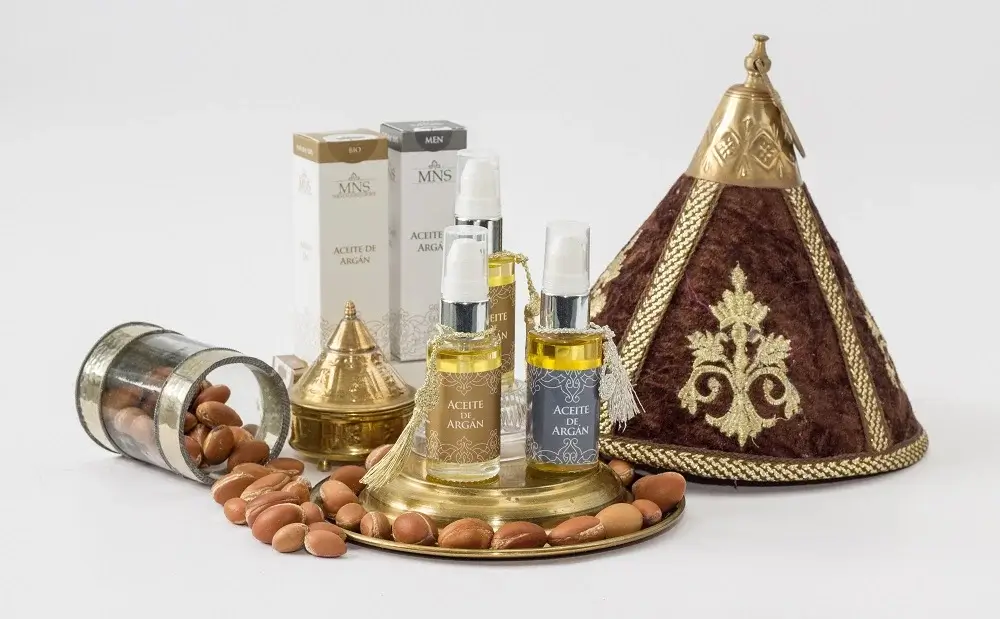
Cosmetics are among the most popular applications for Moroccan argan oil, known for its well-documented benefits for both skin and hair. This oil is commonly used in many beauty products like creams, hair washes, treatments, and skin serums. Here are some of the main advantages it offers for beauty:
- Skin Moisturizer: Argan oil is excellent for hydrating dry skin, it can be applied to the face, body, and hands. Its lightweight consistency allows for quick absorption without leaving a greasy feel.
- Anti-Aging: Packed with antioxidants, argan oil aids in diminishing the appearance of fine lines and wrinkles, helping to maintain a youthful complexion.
- Hair Treatment: Many people use argan oil on their hair to enhance shine, tame frizz, and nourish damaged strands. It can also serve as a scalp treatment to alleviate dandruff and dryness.
- Acne and Scar Treatment: Due to its anti-inflammatory properties, argan oil can help minimize redness, acne, and scarring, resulting in smoother and clearer skin.
- Nail and Cuticle Care: Massaging a small amount of argan oil into the nails and cuticles can strengthen them and help prevent breakage.
Argan oil has gained popularity in recent years. This is particularly true in spa and beauty industries. They consider it a luxury ingredient. It promotes healthy hair and skin. Argan oil is rich in fatty acids and vitamin E. These are essential for maintaining healthy skin and hair. It is often used as a base in many high-end beauty products. These products include shampoos, conditioners, moisturizers and more. Argan oil is also essential in the development of traditional Moroccan cooking.
Argan Oil Hair Products
The beauty industry has widely adopted Moroccan argan oil as a vital ingredient in hair care products because of its nourishing and hydrating benefits. Some popular argan oil hair products include:
- Moroccan Argan Oil Shampoo: This shampoo, enriched with argan oil, cleanses the scalp while delivering deep moisture to the hair.
- Moroccan Argan Oil Conditioner: This conditioner restores moisture, leaving the hair soft, smooth, and frizz-free.
- Moroccan Oil Treatment: A leave-in treatment that nourishes hair, repairs damage, and enhances shine.
- Moroccan Oil Curl Defining Cream: Perfect for curly hair, this product defines curls while minimizing frizz and adding shine.
- Moroccan Oil Heat Protectant: This product shields hair from heat damage caused by styling tools like blow dryers and flat irons.
Skincare with Argan Oil: A Natural Wonder
Argan oil is favorite ingredient in skincare. It has hydrating and renewing abilities for skin. Many products aim to improve skin texture, elasticity and total look. Here are some usual argan oil skincare products.
- Argan Oil Moisturizer: It’s a lightweight moisturizer. It’s not greasy. It is ideal for all skin types. Very good for dry or sensitive skin.
- Argan Oil Serum: It is a serum that is concentrated. It is wonderful for targetting fine lines. Also useful for wrinkles and uneven skin tone.
- Argan Oil Body Butter: It is a rich. The butter is creamy. It’s infused with argan oil. The deep hydration is nourishing.
- Argan Oil Lip Balm: It gives long-lasting moisture. It provides protection for dry. Also protects chapped lips. Thank you.
Environmental and Social Impact
The production of Moroccan argan oil offers numerous benefits for health and beauty while also supporting local communities and the environment. Women’s cooperatives are essential in this process, ensuring fair wages and empowering women in rural areas. It’s a key source of income for local farmers. Extraction of oil is demanding. It relies on collaboration among local farming families. This necessity spawned women’s cooperatives. Cooperatives focus on fair trade practices. The cooperatives guarantee that argan oil farmers receive fair compensation for their efforts.
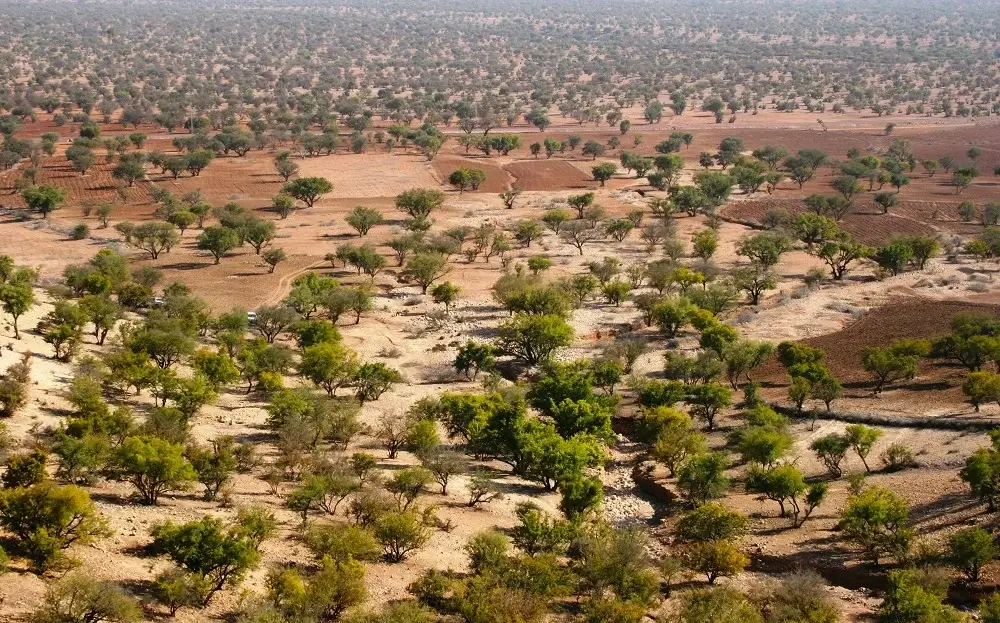
Argan tree is crucial. It combats desertification. It promotes biodiversity in arid areas of Morocco. By choosing argan oil products consumers do good. They contribute to preservation of these vital ecosystems. Argan oil needs more production. It ensures that farmers are paid properly for their efforts.
Fun Facts and Statistics
Recognition Across the Globe: Moroccan argan oil is becoming more and more popular in high-end cosmetics and traditional Moroccan markets due to its exceptional quality and adaptability.
According to Grand View Research, the global argan oil market size was estimated at USD 299.45 million in 2022 and is expected to grow at a compound annual growth rate (CAGR) of 11.4% from 2023 to 2030. The hair care business accounts for a substantial amount of this demand.
Sustainability: Argan oil manufacturing is ecologically benign and sustainable, since the argan tree helps to avoid desertification and erosion.
More facts:
- Argan trees are only found in the semi-desert region of southern Morocco.
- Producing one liter of oil requires around 40 kg of dried argan fruits.
- Statistics show that 90% of argan oil is utilized in the cosmetics business. Additionally, argan oil has twice as much Vitamin E as olive oil, making it an effective antioxidant.
Some uses of Moroccan Argane Oil and Olive Oil
Moroccan Olive Oil: The Versatile Elixir for Skin and Hair
Olives oil is one of the most crucial ingredients of Moroccan cooking, but it is not the only benefit it has to offer. Moroccan olive oil is rich in monounsaturated fats of which the most concentrated one is oleic acid and antioxidants. This makes it desirable for moistening and protecting the skin as well as the hair. Hence it has anti-inflammatory properties which can help soothe skin irritation and can treat skin conditions such as eczema and psoriasis.
Facts:
- Morocco is the world’s seventh largest producer of olive oil.
- Moroccan olive oil contains polyphenols, which have anti-aging qualities.
DIY Recipe:
For a moisturizing hair mask, mix 2 teaspoons Moroccan olive oil, 1 tablespoon honey, and 1 egg yolk. Apply to moist hair, cover with a shower cap, and let sit for 30 minutes before washing with warm water.
Argan Oil of Morocco: The Crown Jewel of Beauty Oils
Argan oil, also called “Moroccan argan oil” is undoubtedly one of the most beneficial oils to be used for skin and hair treatment. It originates from the nuts of the argan tree that grows only in the South West of Morocco. Argan oil contains Vitamin E, important fatty acids, and antioxidants that makes the oil a very healthy oil to use in the body and a protective oil at the same time.
DIY recipe for nourishing facial oil:
Combine 1 tablespoon argan oil, 2 drops lavender essential oil, and 2 drops rosehip oil. Apply a few drops to your face before bed to moisturize and revitalize your skin overnight.
DIY recipe for Skin Softening Body Oil:
For a DIY skin softening body oil, combine ¼ cup argan oil Morocco, 10 drops lavender essential oil, and 5 drops chamomile essential oil. Massage into the skin after a shower to get smooth, moisturized skin.
Moroccan Hair Oil: The Key to Luscious Locks
Moroccan hair oil, which contains a combination of argan oil and Moroccan olive oil, is ideal for nourishing and protecting all hair types. The oils deeply hydrate, decrease frizz, and provide natural shine. Moroccan argan oil products are particularly well-known for their ability to treat damaged hair and boost growth.
DIY recipe:
For frizz control, mix 2 tablespoons Moroccan hair oil, 3 drops jojoba oil, and 1 drop rosemary essential oil. Apply a tiny quantity to the ends of your hair after style to reduce frizz and add shine.
Moroccan Oil Shampoo and Conditioner: A Perfect Duo
Moreover regular use of Moroccan oil shampoo and conditioner can contribute to improving hair health. These items are often enriched with Moroccan argan oil. These products are ideal for purifying and conditioning hair. After use hair becomes easy to manage, shiny and smooth.
Organic Elements:
- Amino acids help repair damaged hair and encourage healthy growth.
- Glycerin is a humectant that helps keep moisture in hair.
DIY recipe:
Hydrating shampoo: Combine ¼ cup castile soap, ¼ cup Moroccan oil shampoo, 1 tablespoon argan oil, and 10 drops of your desired essential oil. Shake well and use as you would conventional shampoo.
Moroccan Oil Curl Defining Cream: Enhance Your Natural Curls
Moroccan oil curl shaping lotion is an absolute must-have for everyone with a curl hair type. This product has Moroccan argan oil included, which aids in controlling, enhance natural curls and reduce frizz as well as increasing sheen.
Fact:
Argan oil also contains high levels of linoleic acids that help curl enhance suppleness as well as improve the elasticity of practical skin.
DIY recipe:
Curl Enhancing Cream: Gently mix 1 tbsp of Moroccan oil curl defining cream, 1 tbsp of shea butter and ½ tbsp of aloe vera gel. Using palm rolls, apply on damp hair and proceed to styling to achieve bounce curls on the hair.
Moroccan olive oil and argan oil Morocco goods are both nutrient-dense and beneficial to the skin and hair. The benefits of these natural oils are astounding, regardless of whether you wish to purchase high-quality Moroccan oil products or use DIY techniques to enhance your beauty routine. Incorporate these luxury oils into your daily routine and discover the nourishing and protecting properties of Moroccan oil for yourself. Incorporate these luxury oils into your daily routine and discover the nourishing and protecting properties of Moroccan oil for yourself.
We hope that you have covered the maximum information about the oils of Morocco in the Ultimate Guide to Moroccan Oil.

